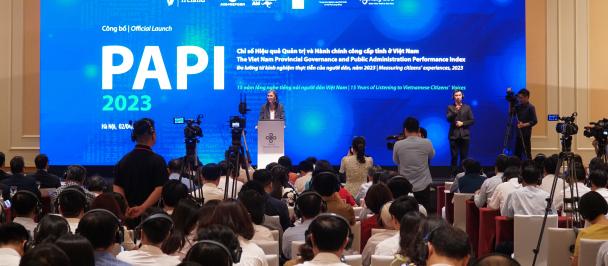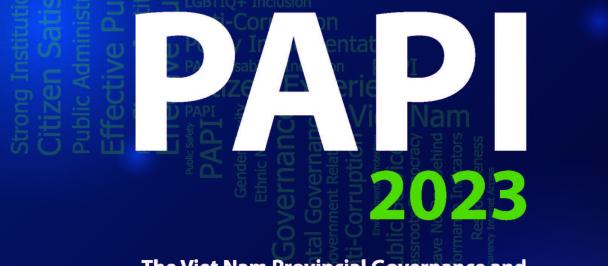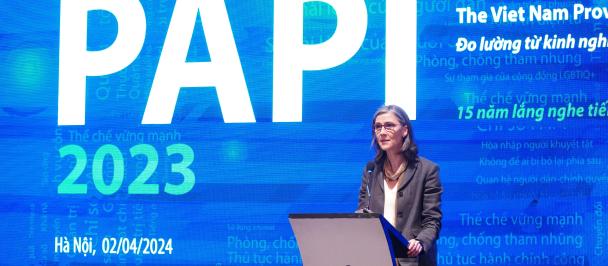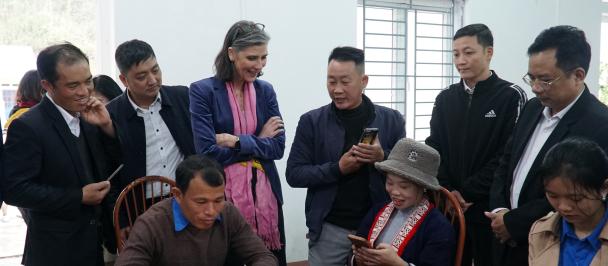Opening remarks by UNDP Resident Representative Ramla Khalidi
Thematic Discussion: 2022 Review of Local Governments’ Performance in Disclosure of District Land Use Plans and Provincial Land Pricing Frameworks
March 9, 2023
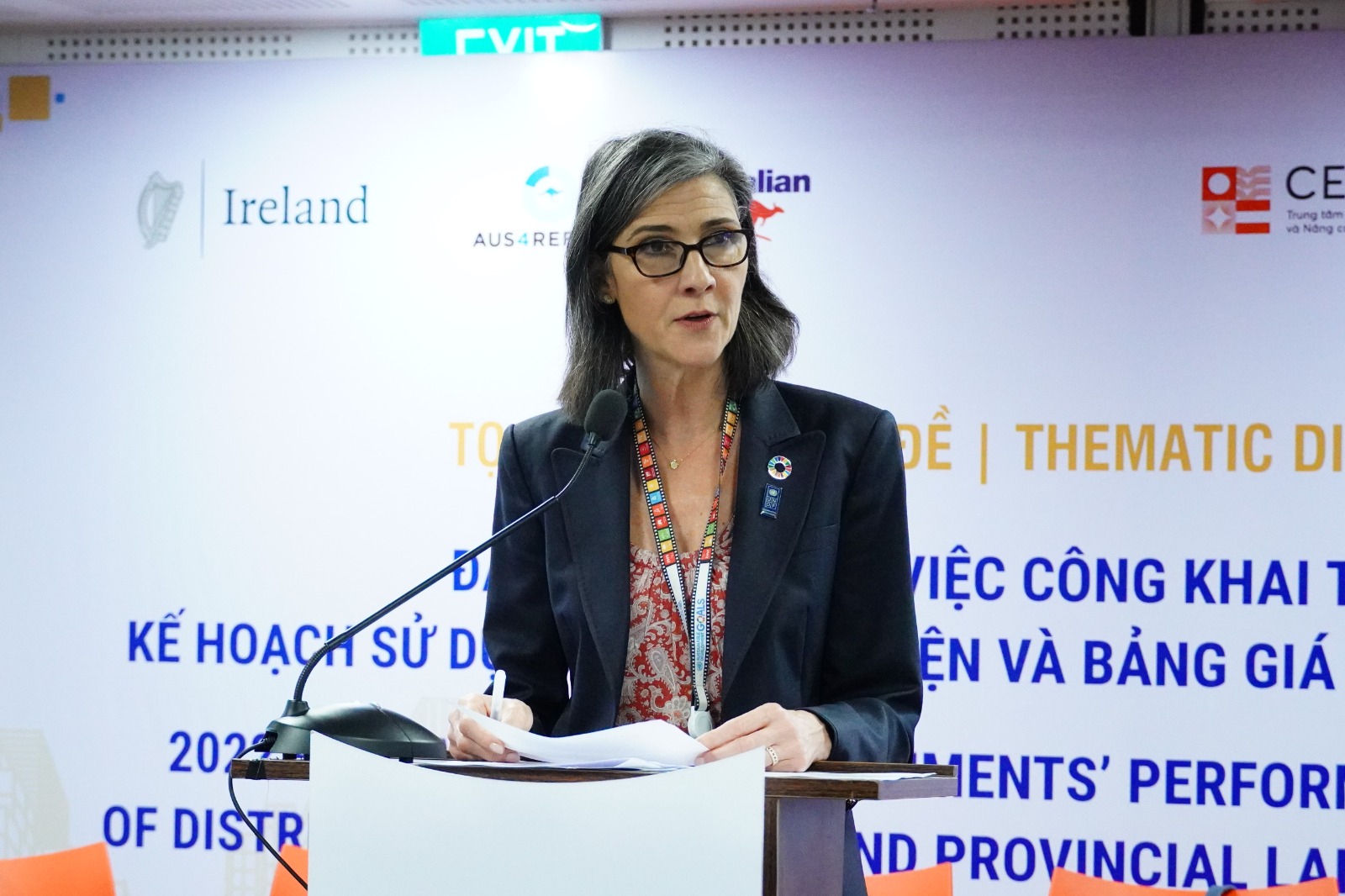
Ms Ramla Khalidi, Resident Representative, UNDP Viet Nam
Ms. Nguyen Thanh Phuong, Deputy Director in charge of the Center for Education Promotion and Empowerment of Women;
Participants and representatives from central state agencies and ministries, provinces and districts across Viet Nam;
Distinguished panelists;
Ladies and gentlemen, both present and online,
Welcome to the Green One UN House and to our meeting on the Performance of Local Governments in Disclosure of District Land Use Plans and Provincial Land Pricing Frameworks in 2022. Today’s discussion is timely as the 2013 Land Law is under revision and available for public consultation.
Official reports available at the National Assembly suggest that approximately 7 out of every 10 complaints and petitions received by relevant state agencies at all levels are related to land issues. Information asymmetry about local land plans and land pricing frameworks is one of the key triggers for land-related complaints, especially when there are changes to land-use planning by local governments and when land seizures and compensation are involved.
Under the 2013 Land Law and the 2016 Law on Access to Information, local land plans and land pricing frameworks must be publicized at all levels and online. In reality, citizens’ access to this information remains limited. Findings from our annual PAPI survey have shown that, every year, less than 20% of respondents are aware of local land plans, and less than 40% know about local land pricing frameworks. In particular, the 2021 PAPI findings by province show that the percentage of citizens with knowledge about the 2021 land plans ranged from 5% to 30%. Additionally, only 42% of the respondents were aware of provincial land pricing frameworks, and less than 4% said they had an opportunity to provide comments on draft local land plans. The 2022 PAPI findings are similar and will be shared on 12 April at the official national launch.
These findings suggest that inadequate transparency in land planning and acquisition schemes, combined with low, state-defined, land pricing might be at the root of the high number of complaints and petitions in the area of land administration.
International good practices show that when land-related information is disclosed in an open and transparent manner, and citizens have the opportunity to discuss draft land plans and price frameworks, the risk of corruption and the prevalence of land conflicts are better controlled. And, as a result, citizens’ trust in local governments increases.
To support provinces enhance access to land information for citizens and improve land governance, the Centre for Education Promotion and Empowerment of Women (CEPEW) and UNDP, with technical support from Real-Time Analytics, have been conducting an empirical research initiative called “Action Research to Enhance Citizens’ Access to Land Information” since July 2021.
Our research initiative aims to contribute to improving land governance by:
- reviewing public access to information about annual land use plans and land price frameworks as issued by provincial and district governments in all 63 provinces on an annual basis;
- collecting and making publicly available access to the district land use plans and provincial price frameworks on the land transparency landing page [called congkhaithongtindatdai.info];
- Testing requests for land information at provincial and district levels, as regulated by Ordinance 34 on Grassroots Democracy, the 2013 Land Law, and the 2016 Law on Access to Information; and
- providing policy and practical recommendations to central and local authorities on improving access to land information and land transparency.
Ladies and Gentlemen!
You will hear more about the findings of our research from our presenters. However, I would like to share three key findings from the 2022 review, which I believe can inform at our discussion today:
- First, the increase in the number of provinces disclosing provincial land pricing frameworks on their local government portals is encouraging. Out of 63 Provinces, 41 provinces disclosed information in 2022. This is an additional 14 provinces since 2021, when only 27 disclosed this information.
- Second, out of 705 districts, the number of districts disclosing annual land plans on district local government portals has also increased from 337 in 2021 to 389 in 2022. While this is a significant increase of 7%, we see the potential for even more improvement.
- And third, only 49% have disclosed their 2021-2030 master land plans on their websites. We hope to see all districts share their master plans in 2023 when we conduct the review again.
We hope that the findings discussed today will provide evidence-based data for central and local authorities to evaluate local governments' performance in ensuring access to land information for all citizens through e-government facilities. The results will also suggest important policy implications for reviewing relevant clauses in the 2013 Land Law as well as for promoting the implementation of the 2016 Law on Access to Information and the 2022 Law on Grassroots Democracy Implementation in 2023 and beyond.
We are honored to have distinguished experts on land governance and access to information on the panel today, and we look forward to hearing their advice on how we can support Viet Nam in its efforts to promote access to information and reduce information asymmetry in land governance for all.
Finally, I would like to express our gratitude to CEPEW and its partners for their collaboration in this important initiative. We also extend our thanks to our development partners, the Department of Foreign Affairs and Trade of Australia and the Embassy of Ireland, for their continued support and funding of this initiative through the PAPI research programme.
I wish you all a productive thematic discussion.
Thank you. Xin cám ơn!

 Locations
Locations
